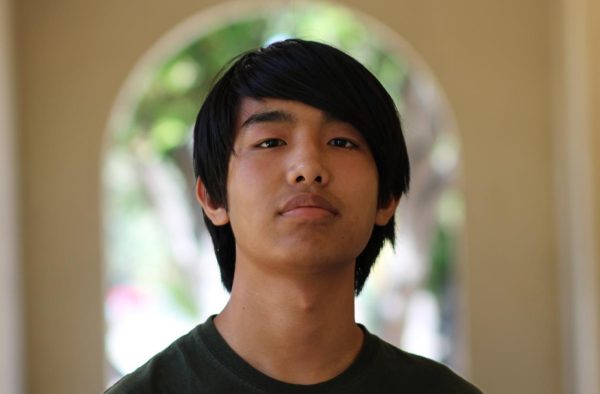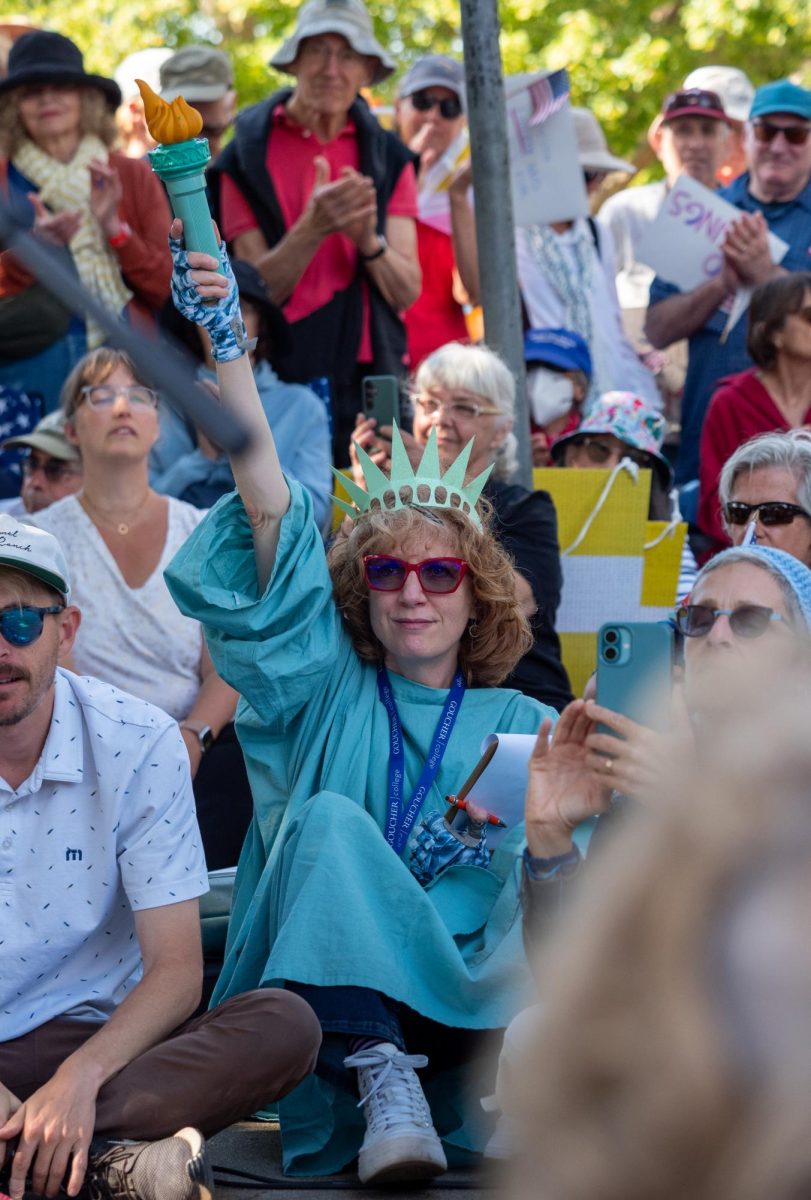Security or self-expression: TikTok ban raises issues
Art by Teresa Wang
June 27, 2023
The vibrant virtual realm, teeming with viral dance routines, crafty political satire and a medley of memes — otherwise known as TikTok — is junior Hope Van Riesen’s digital lifeline. To end her bustling school day, Van Riesen always has one constant ritual of a swift dive into the app. But recently, this teenage sanctuary has come under siege. In agreement with many TikTok users, she is outraged at the efforts of the government to remove the platform from the screens of all Americans.
The popular short-form video app quickly became one of the most downloaded apps on both the App Store and Google Play just three years after its launch. The popularity of the app, owned by Chinese company Bytedance, thus raised questions about the potential for the Chinese government to exploit and access private user data collected by the app.
Van Riesen said the efforts to remove TikTok due to lawmakers’ concern about the app’s security and privacy practices are seemingly going too far.
“The government shouldn’t be able to ban an app just because they don’t like it or are worried about national security,” Van Riesen said. “It’s important to protect our privacy, but we also need to protect our right to express ourselves.”
However, junior Michael Cohen Wang, who does not use Tik Tok, said Chinese ownership is a dangerous aspect of the social media app.
“It’s important to be aware of the potential risks of using apps like TikTok,” Cohen Wang said. “The Chinese government’s ability to access data from Chinese companies creates a unique risk for TikTok users, and many people don’t seem to (understand) that.”
Eva Martinez, who works at the Wellness Center, recommends the research articles by the Children’s Health Council, which highlight the correlation between social media and mental health, as well as their direct effects on teenagers.
Since other social media platforms follow similar privacy and data collection policies, Van Riesen said that TikTok should not be the only targeted app.
“As long as there is full transparency between the users and the company’s usage of the individual persons’ data, then it is not as dangerous, considering all social media apps collect data,” Van Riesen said. “If one app is getting called out, it should be the same for all the others as well.”
Cohen Wang said TikTok’s overall influence on users from it’s quick popularity is also a concern, as the social media app had been developed in just over 200 days but gained over 100 million active users within its first year.
“The most alarming part of TikTok is its impact on consumers, as the format of short content is super fast-paced,” Cohen Wang said. “Though YouTube Shorts and Instagram Reels are just as addictive, TikTok has a worse reputation because a bunch of bad trends came from TikTok like the devious lick trend.”
The Biden administration has said it will continue to scrutinize the app’s security and privacy practices, but it remains unclear whether the app will be banned in the United States or be forced to sell to an American company.
Regardless, the controversy surrounding TikTok has raised important questions not only about the intersection of technology, privacy, and national security, but the effects it has on users’ mental health as well.
“The positive and negative effects of social media usage can vary based on the individual,” Martinez said. “It’s important for students to strive to keep a balance in their lives and check in with themselves about how they’re feeling about their social media usage.”






